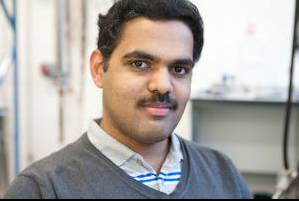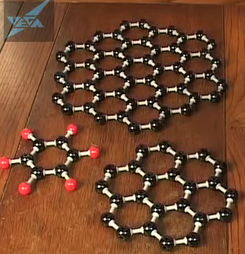
Now you can have clear Whisky because of graphene


Dr Rahul Raveendran Nair, a 34-year-old professor at the National Graphene Institute and school of Chemical Engineering and analytical Science at the University of Manchester in UK, developed a graphene-oxide membrane that makes whisky clear , paving way for new commercial application of Graphene membrane. His latest research was published in the Nature Materials on November 13. His new research would help then expand the applications of graphene-based membranes from sea water desalination to organic solvent nano-filteration.
Dr Raul said ” We filtered whisky and cognac through the graphene-oxide membrane which allowed the alcohol to pass through removing the larger molecules that gives it amber colour. The clear whisky smells similar to the original whisky. Chemical separation is all about energy, as currently most of the existing polymer based membranes are unstable in organic solvents where as the new graphene-oxide membrane is highly stable”.
Professor of Materials Physics and holds a prestigious Royal Society Fellowship and his awards include a Leverhulme Early Career Fellowship from the Leverhulme Trust, IUPAP Young Scientist Award (2014) from the International Union of Pure and Applied Physics and the Moseley Medal and Prize (2015) from the Institute of Physics for his outstanding work on Graphene. He was also selected as a highly cited researcher in 2016 by Thompson Reuters. His research included applications of two-dimensional (2D) crystals and their modifications. Home of the 61 million National Graphene Institute and Graphene Engineering Innovation Centre, where graphene membrane is used to revolutionise many practical applications, which could also be fuel cells and other hydrogen-based technologies like electric cars and air powered generators. The thin membranes made by graphene oxide being impermeable to all gases and vapours, except for water, making it crucial in the development of water filteration and gas separations such as carbon dioxide removal.
